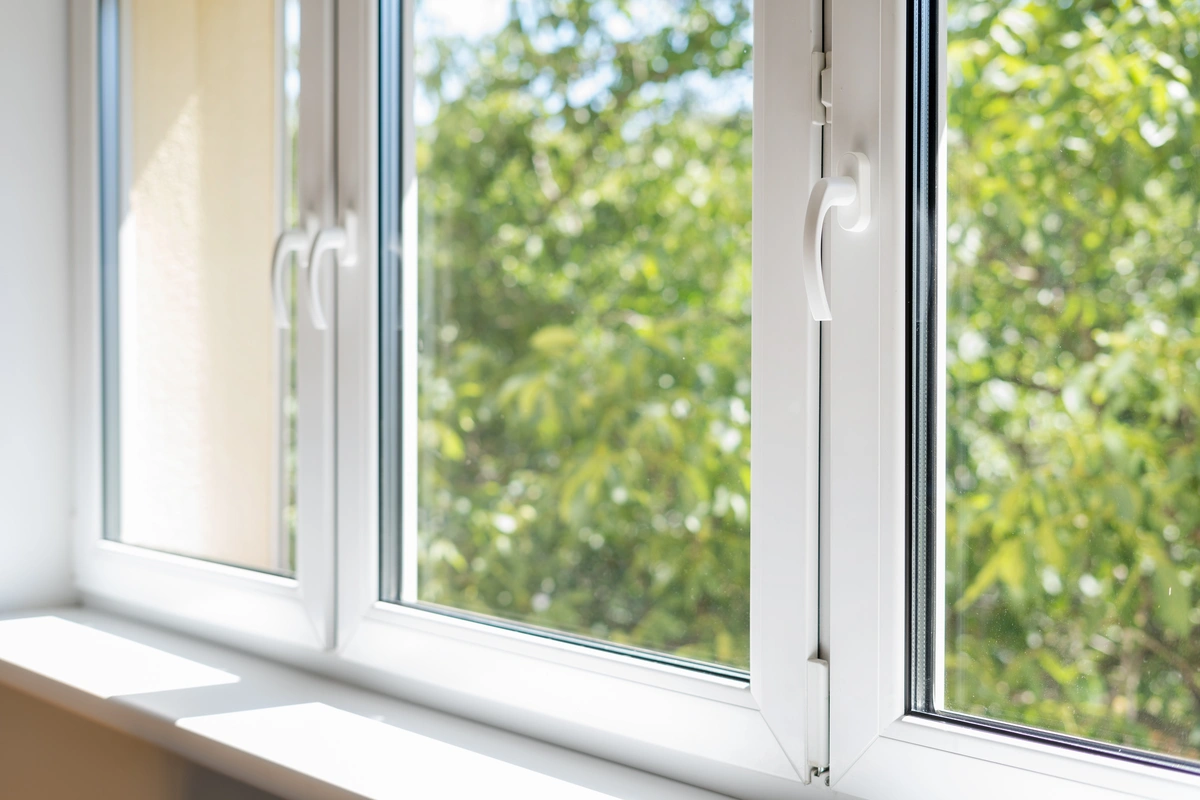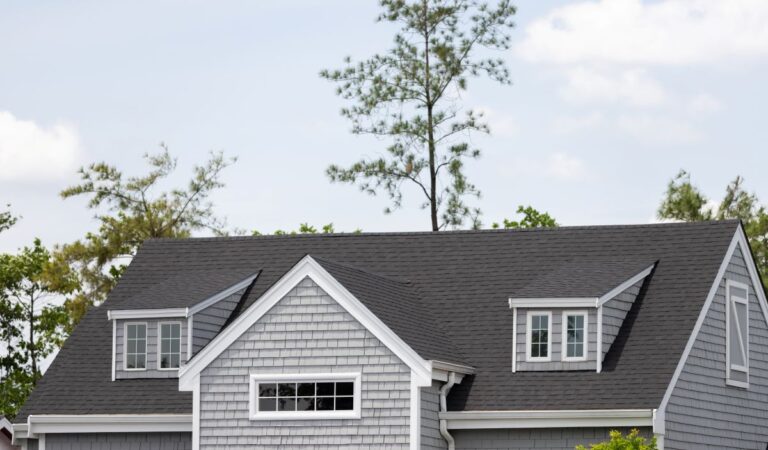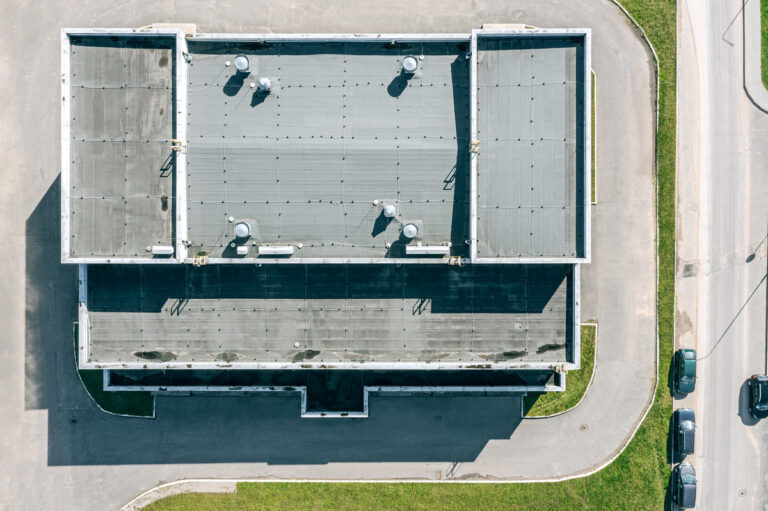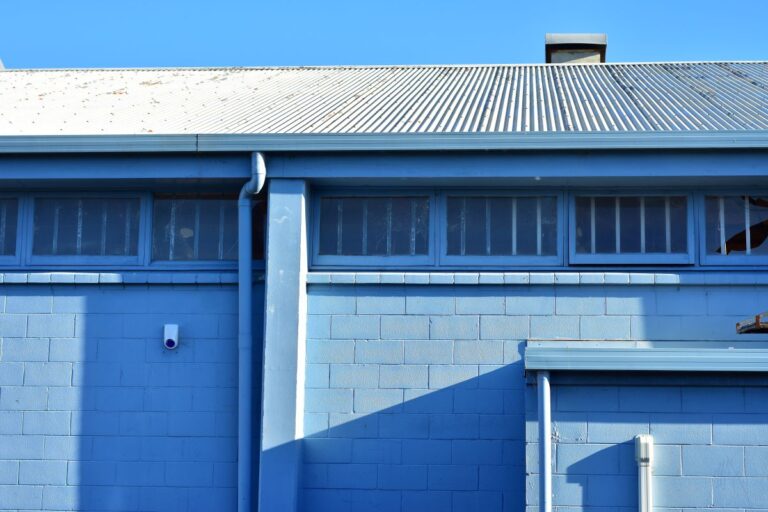Windows play a crucial role in making our homes comfortable, well-lit, and connected to the outdoors. But they also have a significant impact on the energy efficiency of our homes. Energy-efficient windows can help reduce energy consumption, lower utility bills, and contribute to a more sustainable lifestyle.
In this blog post, we’ll explore:
- How windows contribute to energy efficiency
- Signs that indicate it’s time for window replacement
- The best energy-efficient windows available
- The cost associated with installing new windows
How Windows Help Your Home Be More Energy Efficient
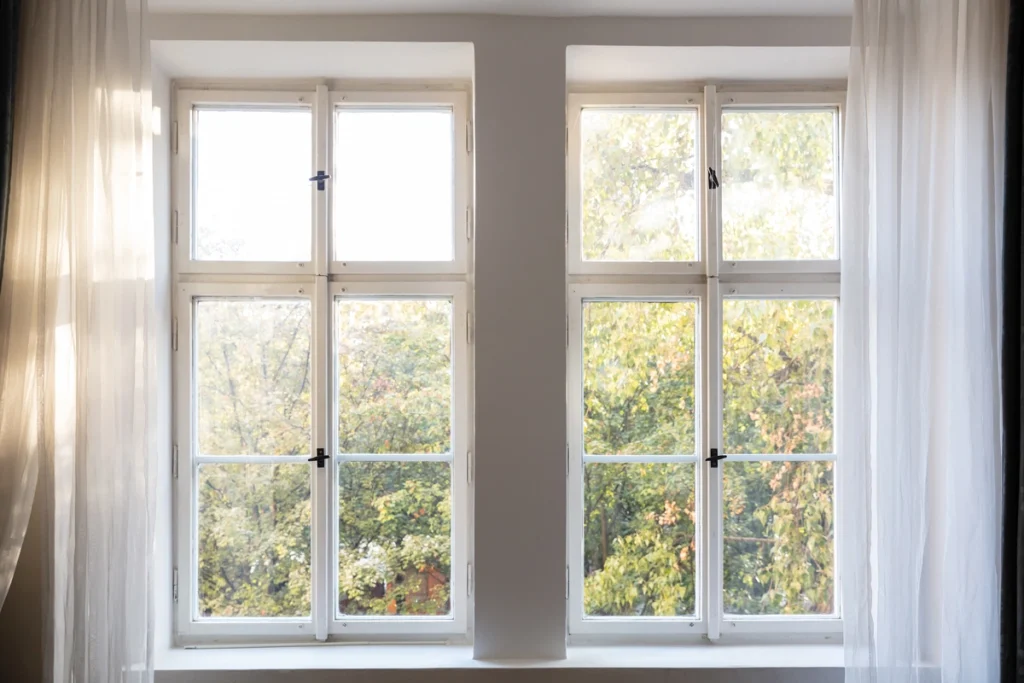
Energy-efficient windows are designed to minimize heat transfer between the interior and exterior of your home. They achieve this through several key features and benefits:
- Insulation: Energy-efficient windows are equipped with advanced insulation materials, such as low-emissivity (low-e) coatings and multiple layers of glazing. These materials reduce heat transfer, keeping your home warmer in the winter and cooler in the summer.
- Reduced Heat Gain: Many energy-efficient windows are designed to limit the amount of solar heat that enters your home. This prevents your interior spaces from becoming uncomfortably hot in the summer, reducing the need for air conditioning.
- Draft Prevention: Well-installed energy-efficient windows have tight seals and eliminate drafts, ensuring that your home remains comfortable and your HVAC system doesn’t have to work overtime to maintain the desired temperature.
- Condensation Control: Energy-efficient windows are less prone to condensation, which can lead to mold and mildew issues. This not only improves indoor air quality but also helps protect the structural integrity of your home.
- UV Protection: These windows often feature UV-resistant coatings that protect your furniture, flooring, and artwork from fading due to sun exposure.
Signs You May Need to Replace Your Windows
As windows age, their energy efficiency can decline, leading to various problems. Here are some signs that indicate it might be time to replace your windows:
- Drafts: If you feel drafts near your windows, it’s a clear sign that the seals are compromised, and your windows are no longer energy-efficient.
- High Energy Bills: If your heating and cooling bills have been steadily increasing, your windows may be a contributing factor. Outdated windows allow heat to escape in the winter and cool air to seep out in the summer.
- Condensation Between Panes: Condensation between double or triple-pane windows suggests that the seals have failed, allowing moisture to penetrate. This reduces insulation and energy efficiency.
- Difficulty Opening or Closing: If your windows are challenging to operate, it might be time for a replacement. This could indicate wear and tear on the hardware or frame, reducing their energy efficiency.
- Visible Damage: Cracks, chips, or rotting wood are clear signs that your windows are no longer providing proper insulation. Visible damage can compromise both energy efficiency and aesthetics.
The 6 Best Energy-Efficient Windows on the Market
When it comes to choosing the best energy-efficient windows for your home, several top-performing options are available. Keep in mind that the choice of windows may depend on factors such as your climate, budget, and aesthetic preferences. Here are some of the leading energy-efficient window brands and types:
1. Andersen Windows:
Andersen is a renowned brand known for its energy-efficient window solutions. Their products often feature low-e coatings, multiple glazing options, and excellent insulation properties.
2. Pella Windows:
Pella offers a wide range of energy-efficient windows with innovative features like InsulShield® Advanced Low-E glass and durable frames that resist heat transfer.
3. Marvin Windows:
Marvin Windows offers high-quality wood, fiberglass, and aluminum-clad windows with energy-efficient options. Their products are known for their beauty and performance.
4. Double-Pane and Triple-Pane Windows:
Both double-pane and triple-pane windows provide improved insulation compared to single-pane windows. Triple-pane windows, in particular, offer the highest level of energy efficiency.
5. Vinyl Windows:
Vinyl windows are a cost-effective option that offers good energy efficiency. They are known for their low maintenance requirements and durability.
6. Argon or Krypton Gas Filled Windows:
Some energy-efficient windows are filled with gases like argon or krypton between the panes, which further reduces heat transfer.
The Cost to Install New Windows
The cost of installing energy-efficient windows can vary significantly depending on various factors, including the type of window, the number of windows to be replaced, and the region you live in. Here’s a breakdown of the typical costs involved:
Window Materials:
The type of material you choose for your windows will impact the cost. For example, wood windows are generally more expensive than vinyl windows.
Number of Windows:
Naturally, the more windows you need to replace, the higher the overall cost. Consider whether you want to replace all windows at once or do it in stages.
Labor:
Labor costs can vary depending on your location and the complexity of the installation. Professional installation ensures that the windows are properly sealed and insulated.
Energy Efficiency Upgrades:
If you opt for advanced energy-efficient features, such as triple-pane glass or gas fills, the cost will be higher but may yield greater energy savings over time.
Frame Repairs:
If your window frames are damaged or need repairs, this will add to the overall cost.
Window Size and Style:
Larger windows or specialty window styles may cost more than standard-sized windows.
To provide a rough estimate, the cost of replacing a single energy-efficient window can range from $300 to $1,000 or more, including materials and labor. For an entire home, costs can vary widely but typically fall within the range of $5,000 to $15,000 or more.
While the upfront cost of replacing windows can be substantial, it’s essential to consider the long-term benefits in terms of energy savings, increased comfort, and improved property value. Over time, energy-efficient windows can pay for themselves through lower utility bills and a more eco-friendly lifestyle.
Get the Most Energy Efficient Windows
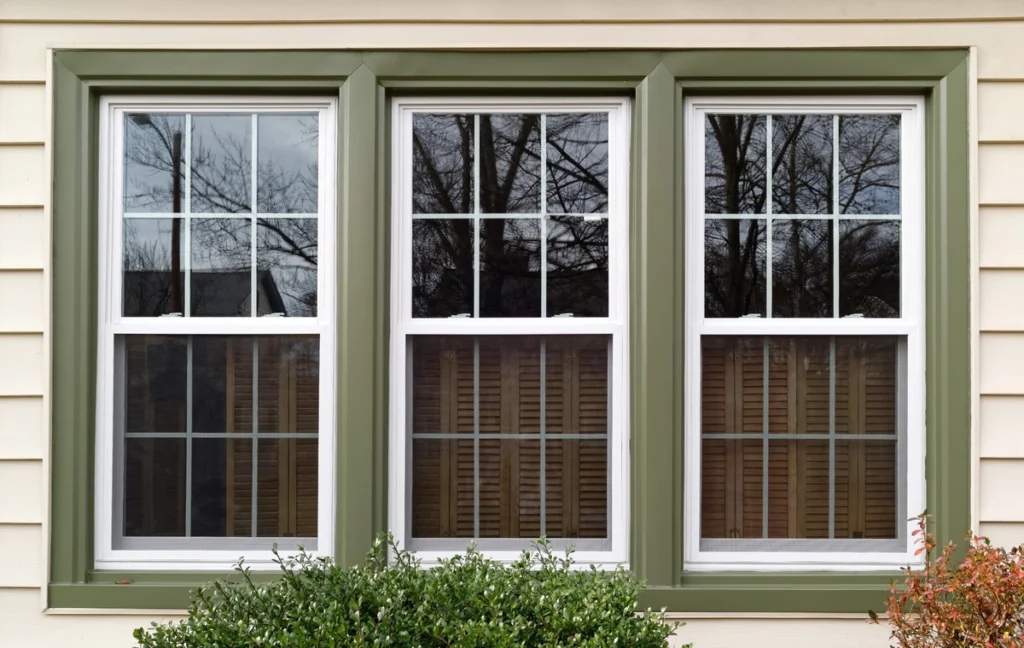
Energy-efficient windows are a valuable investment for any homeowner looking to reduce energy consumption, lower utility bills, and create a more comfortable living environment. By understanding how windows contribute to energy efficiency, recognizing signs that it’s time for replacement, and exploring the best options on the market, you can make an informed decision about upgrading your windows. While the cost may be a consideration, the long-term benefits make it a worthwhile investment in the future of your home and the planet.
Contact Johnson Restoration today to install our Energy Star certified windows!
